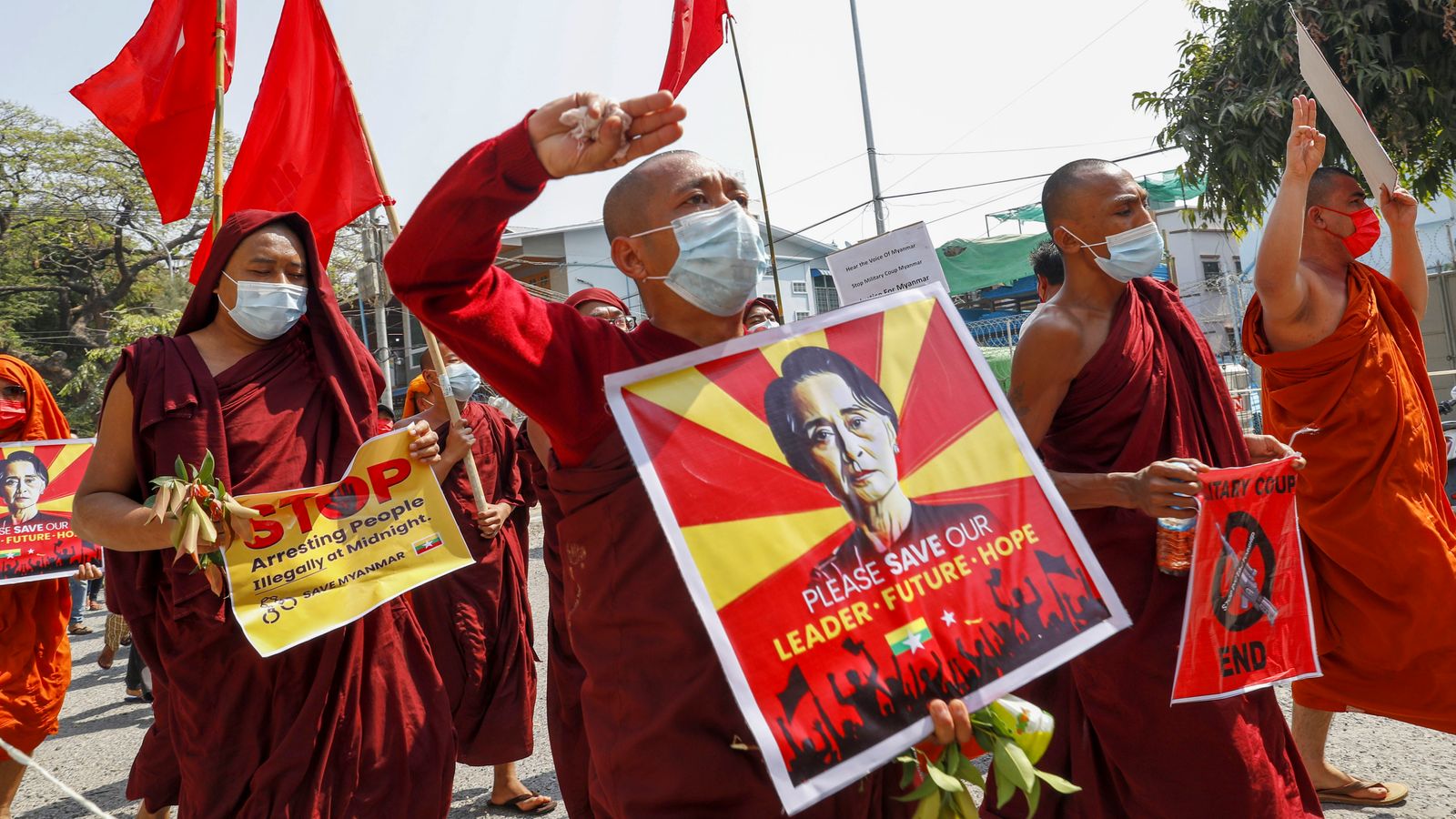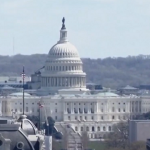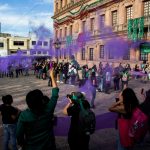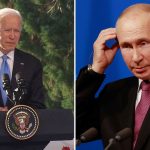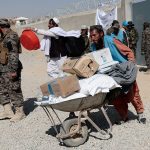The people of Myanmar are determined to continue protesting against the military coup that detained their leader, a UN special envoy has told Sky News.
Christine Schraner Burgener said the military has been surprised by the public response to their detention of Aung San Suu Kyi.
“We don’t have the same situation like in 1988, people now have social media, they are well organised and they are very determined to continue these protests, despite the laws forbidding them,” she told Sky News.
The ruling junta has cut internet connections, and imposed a curfew and a law banning more than five people from congregating in an effort to stop demonstrations.
But as news came of a second charge against Ms Suu Kyi, which could see her held indefinitely without trial, mass protests have continued to sweep the Buddhist-majority nation.
Some members of the security forces have used violence against the protesters – driving tanks into major cities and opening fire on the crowds.
And more than 384 people have been detained since the coup.
But Ms Schraner Burgener, UN special envoy on Myanmar, says the nation risks becoming increasingly isolated if it doesn’t respond to UN calls for talks.
“Some countries have already imposed sanctions,” she said.
The UN negotiator said the military has not yet allowed her into the country and she has not been able to contact Ms Suu Kyi.
“They first want to continue with interrogations of the people of Aung San Suu Kyi. But others will follow if they don’t take this window of opportunity for me to find out what is the situation.
“If they don’t take this chance, the UN member states will be united in their response that they will collectively act to ensure the human rights of the people of Myanmar,” she said.
The military seized power in Myanmar in a coup on 1 February, forcing Ms Suu Kyi into detention.
She was initially charged with importing walkie-talkies but lawyer Khin Maung Zaw told local media on Tuesday she is now facing a second charge – of violating the country’s National Disaster Management Law.
The law has been used to prosecute people who have broken coronavirus restrictions and carries a maximum three-year prison sentence.
However, the new charge may allow her to be held indefinitely without trial because a change in the Penal Code instituted by the junta last week permits detention without court permission.
As well as protests nationwide, the country’s military rulers are also faced with a strike by government workers, which is part of the civil disobedience movement against the takeover.
Groups have turned out in many cities including Yangon, where police blocked off the street in front of the Central Bank, which protesters have targeted amid online speculation the military is seeking to seize money from them.
Buddhist monks also demonstrated outside the UN’s local office.
The army launched its coup after claiming last November’s general election – which Ms Suu Kyi’s National League for Democracy party won in a landslide – was fraudulent.
The electoral commission dismissed the army’s complaints.
